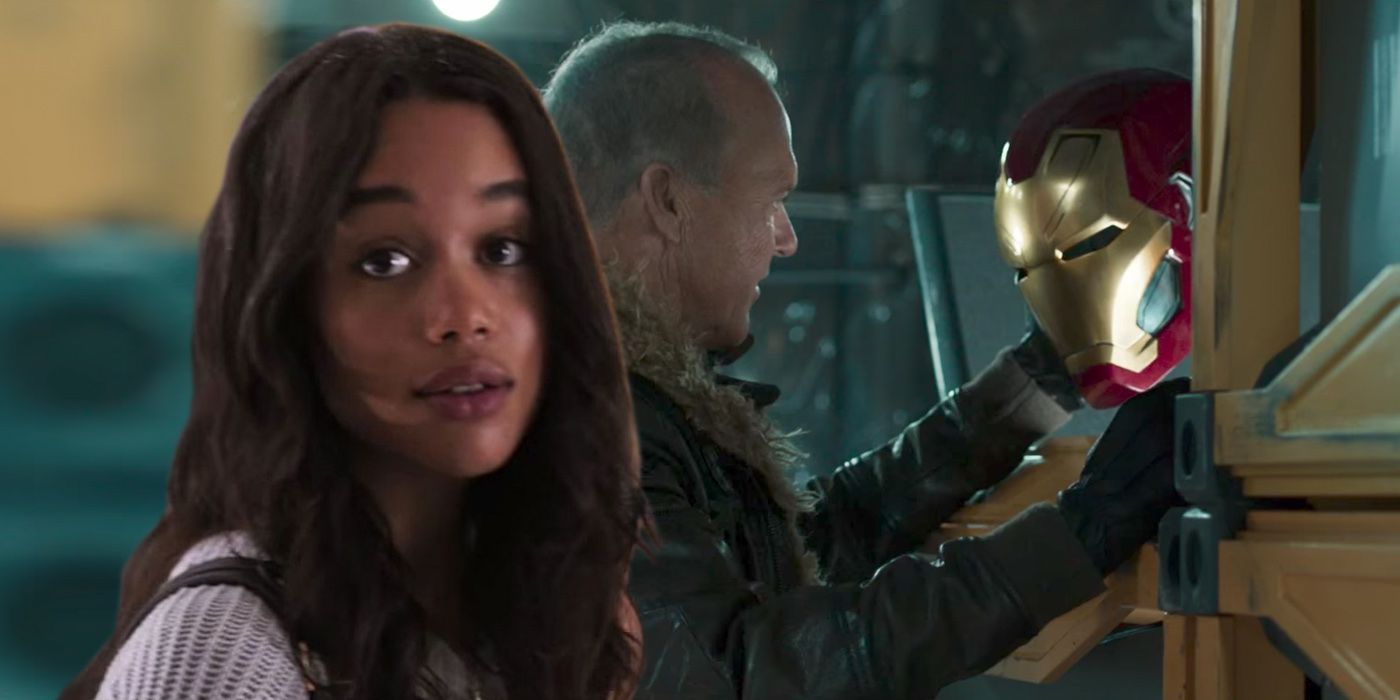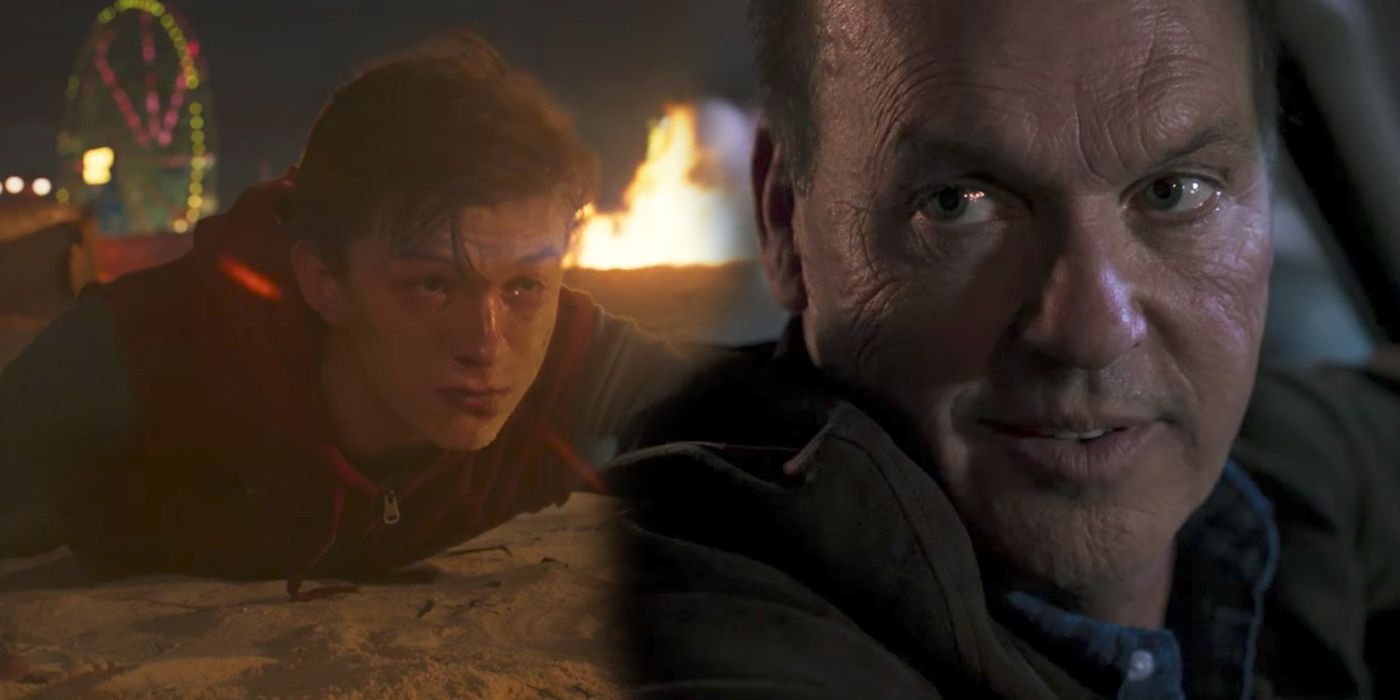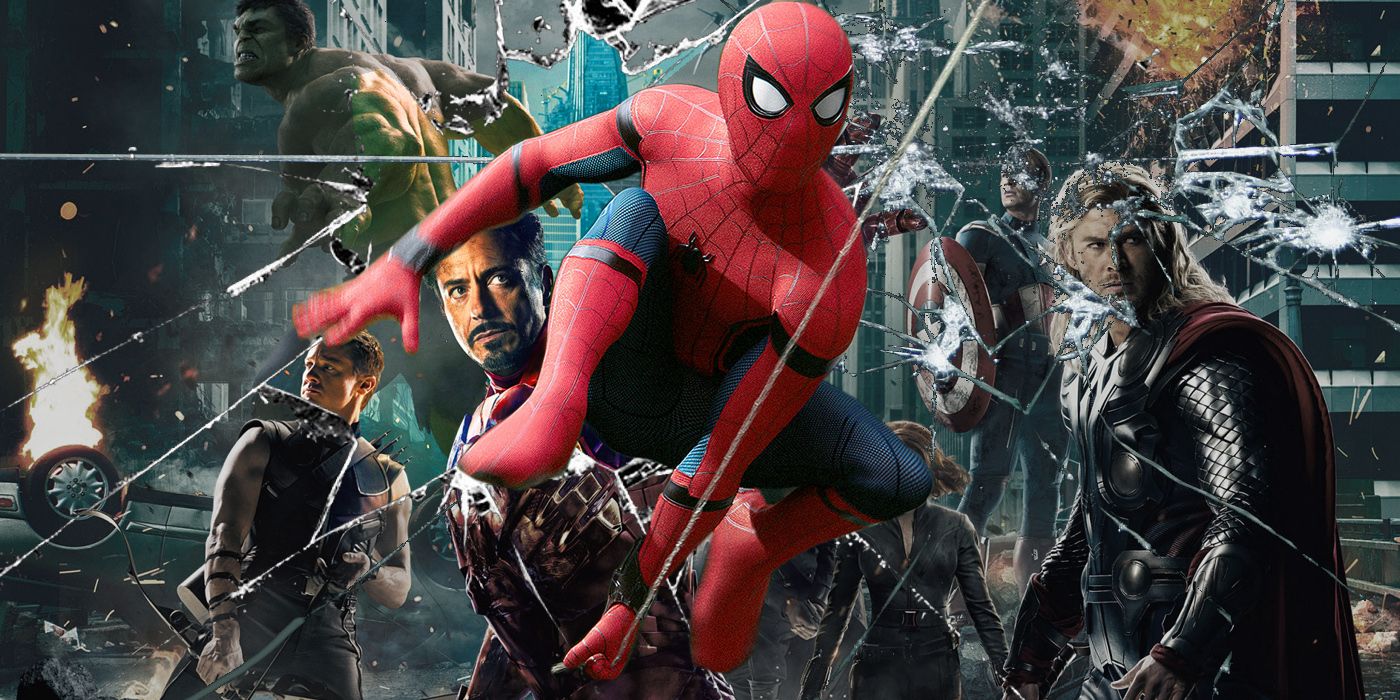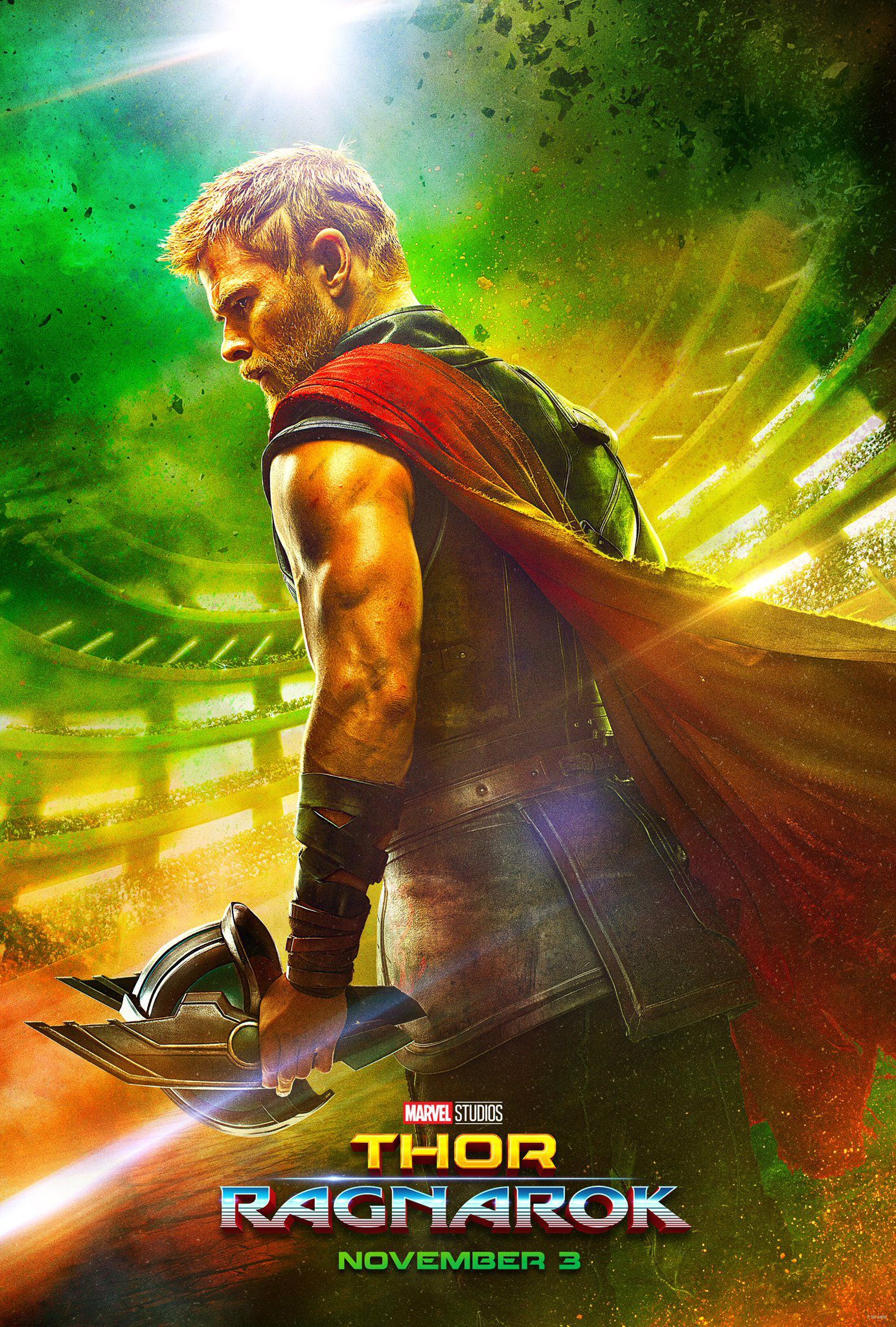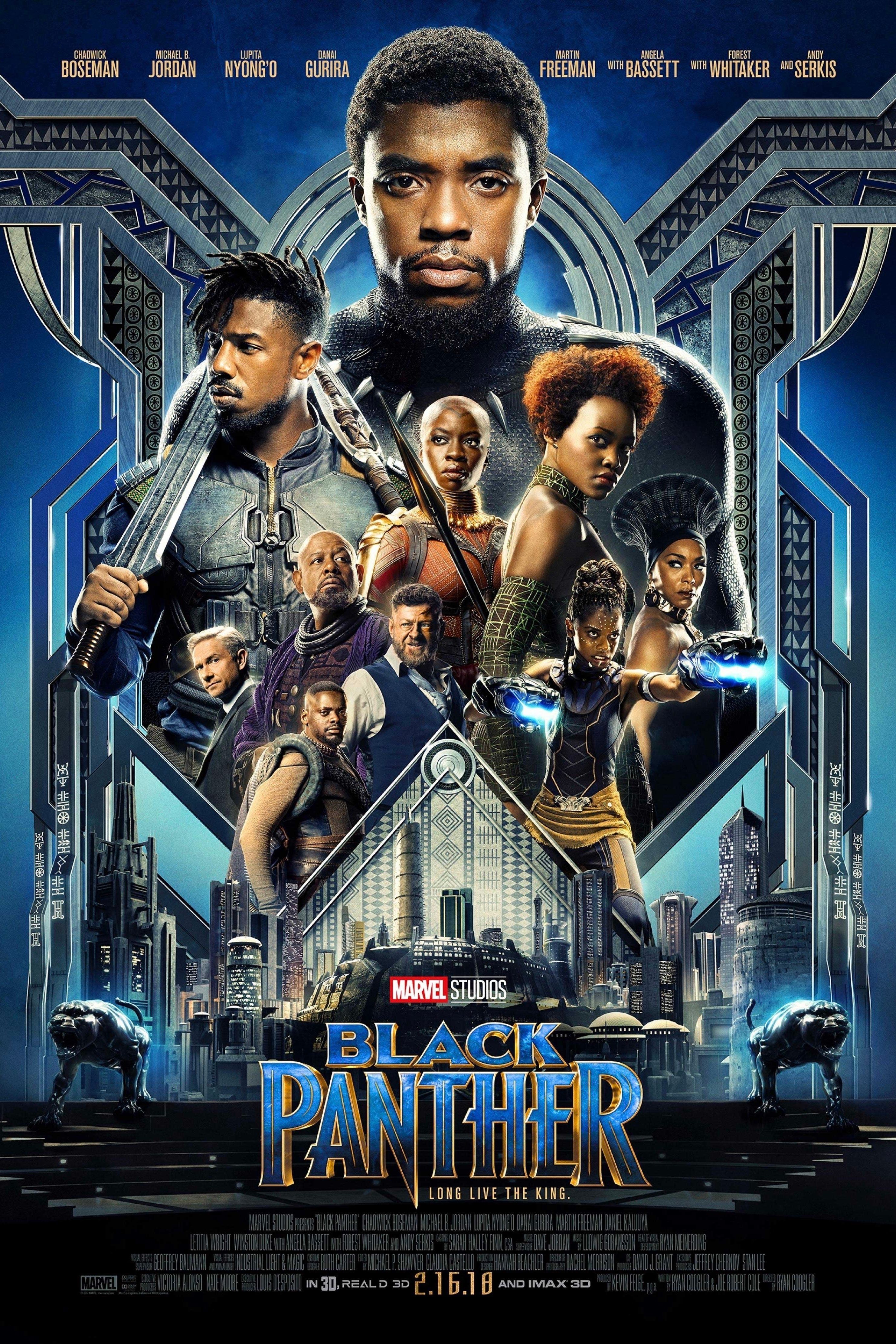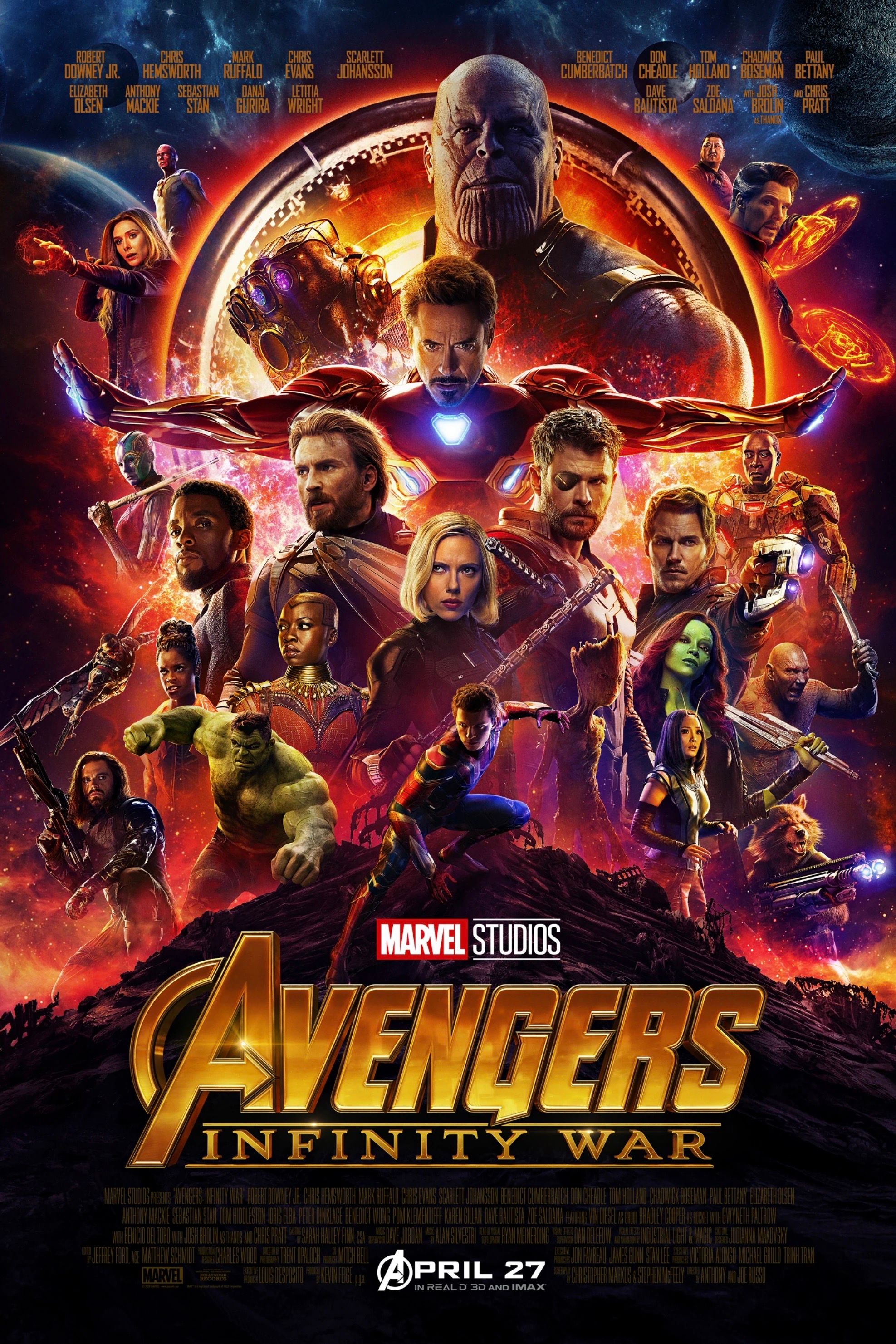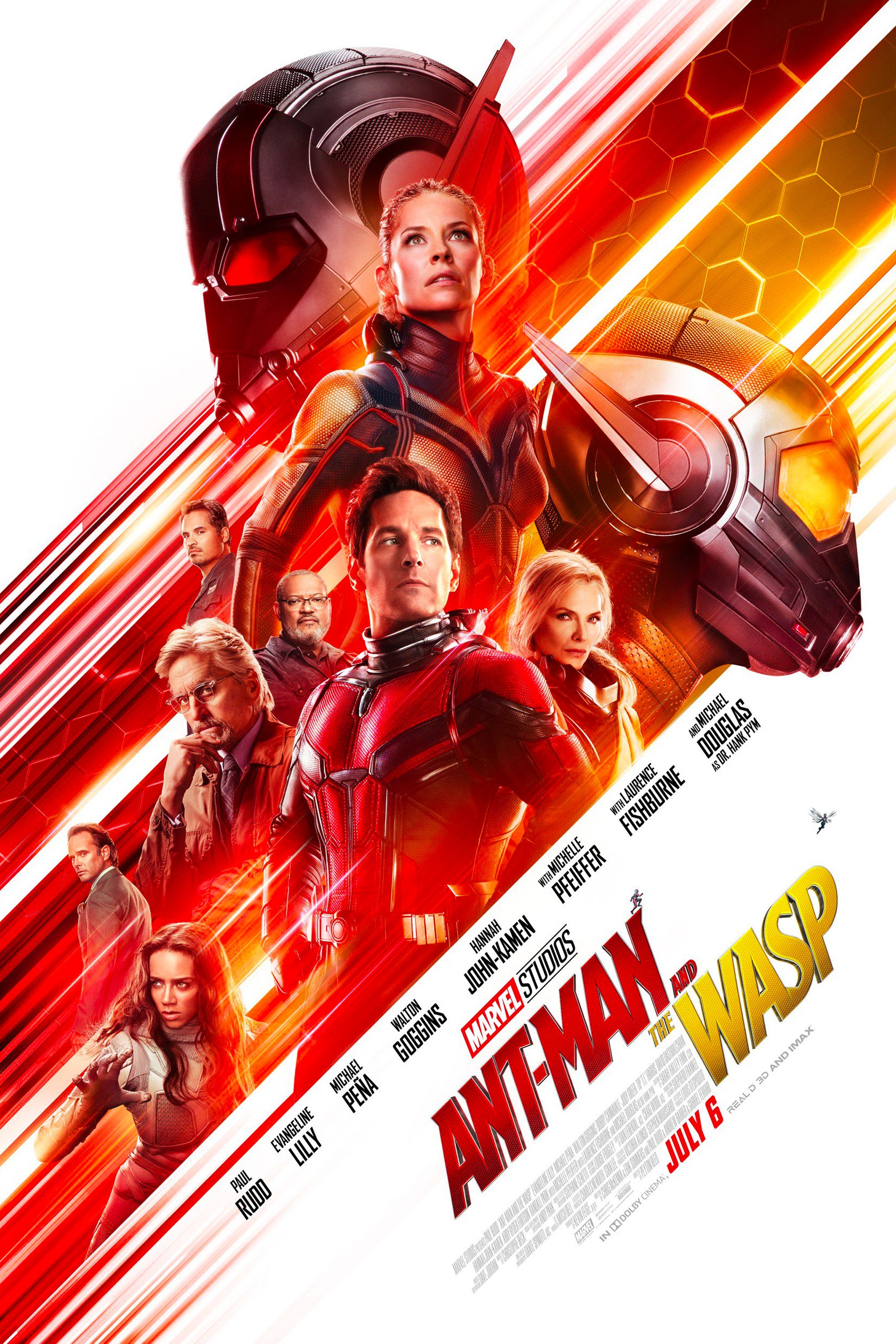Spoilers for Spider-Man: Homecoming.
-
Spider-Man: Homecoming breaks the Marvel timeline. From the very early moments of the MCU's latest hit, it's clear something doesn't add up, with an "eight years later" tag placing the film in 2020 when all conventional logic placed it in 2016, the Fall after Captain America: Civil War.
The plot hole centers on the Vulture's origin, with his clean-up crew pushed aside by Tony Stark's Damage Control and over the better part of a decade evolving into an alien-tech criminal empire. And make no mistake, this is a break, with fans all over trying to figure out what it means for the series and, more pertinently, how such a major oversight could happen.
Our initial explanation for why all this happened in the first place wasn't any grand shift in the MCU timeline (although that was technically possible) but that it was all in reaction to a recently revealed cameo; the child wearing an Iron Man mask who Tony Stark saves from some of Justin Hammer's robots in Iron Man 2 is actually Peter Parker, reaffirming how inspired by the Avengers this Spider-Man is. However, this created something of a continuity error - by accepted canon, Peter would have been ten during the events of the film, but the kid on screen looked much younger. We posited that to allow for this shift, the eight years justification was used.
Related: Marvel Studios Will Release Official MCU Timeline To Address Issues
The problem there is it's essentially undoing nine years of built-up continuity to prove a cool fan theory, something that doesn't really benefit the film at hand or the wider shared universe. In fact, our conclusion was that it was as unsatisfying as Marvel simply not realizing their error. However, we may have just found a stronger reasoning for the mistake.
It's All About Liz's Avengers Drawing
After the Sony and Columbia Pictures logos (but before the Marvel fanfare), Homecoming opens showing Vulture looking at a child's drawing of The Avengers in the Battle of New York. In the moment it's a nod from director Jon Watts that we're in a world inspired by the heroes and drawing a contrast between Toomes' aspirations and frustrations, but as the movie goes on it gains more substantive weight. This is one of the few clues in the first half of the film that Vulture is powered by a family including a character similar in age to our hero; this drawing has to come from Peter Parker's future sweetheart Liz, who in a shocking third-act twist is revealed to be Toomes' daughter.
Like with the Peter/Iron Man 2 easter egg, though, the timeline doesn't work for this directly. Liz is a senior in the film so would have been 12 at the time of The Avengers, surely too old to be drawing such juvenile pictures. Make her four years younger, however, and it all suddenly snaps into place.
This is the same basic logic as the Iron Man 2 consideration, but whereas the underlying logic to fudging the timeline was pretty weak, here it's right at the core of Homecoming and can be argued to be strong enough in the film itself to justify tossing aside franchise concerns.
The Plot Hole Is The Emotional Core Of The Twist
The Liz Toomes twist is, by Kevin Feige's own admission, Homecoming's defining moment, shifting the thrust and threat of the film. What makes it so effective is that it's not gratingly foreshadowed yet still fits completely within the world. As with Bucky being The Winter Soldier, there's just enough nudging to make sure audiences are subconsciously aware of the possibility and no attempts to seriously mislead. Of course, anybody with Google could have got the bottom of Captain America 2's reveal from the title announcement - here Marvel and Sony also used contextual knowledge of Liz Allan to dupe fans. All of this puts a lot of weight on that Avengers drawing - it's the biggest pre-twist allusion and proves essential to ground Adrian as an empathetic villain. That's not to say the movie wouldn't work without this opening shot, but it really ties all the disparate threads together - it establishes Peter's connection to Liz from the start.
It's also pretty key in the film's meta-commentary. Homecoming is the first film to look at the street level impact of living in a world of heroes. We get most of this though Peter's primary arc, but it's against a backdrop of a generation weaned on superheroes; the cool girls play "F*ck, marry, kill" with the Avengers and Tony Stark is regarded with the celebrity his ego always painted. The drawing is an immediate lead-in to all that and conjures up direct real life parallels.
So the drawing is essential to Homecoming's story and its themes - it's a major, insular concern that justifies the plot change. It's the sort of beneficial idea where a continuity flub can actually strengthen the story at hand - and is likely of a similar motivation to whatever break James Gunn is planning for Guardians of the Galaxy Vol. 3.
We're not saying this is the explicit solution - Iron Man 2 or keeping Parker in school could also play a part - but from a creative standpoint it's the one with the most genuine importance.
The Timeline Is Broken Either Way
As we're following up the original plot hole discussion, it's also worth taking a moment to comment on the timeline itself and the question of if it's really broken. Answer: yes.
In the wake of the "eight years later" flub there's been a string of alternative solutions that suggest a different, more extended timeline to the "release date unless otherwise stated" logic. At first glance these make some sense, in particular accounting for Civil War and Homecoming saying they're eight years on from Iron Man and The Avengers respectively, despite both films taking place in the same year - the popular explanation is that Iron Man is set in 2008, with Tony revealing his identity in early 2009, and The Avengers in late 2009, putting Civil War in 2017.
However, to do so requires ignoring several other dating concerns. Agents of S.H.I.E.L.D. and WHIH news videos both put things in release year and not having The Avengers in 2012 directly contradicts a lot of what Kevin Feige's said about continuity, but, more importantly, most solutions focus just on the four films in question and in doing so lead to fresh issues in connected The Winter Soldier, Age of Ultron and Iron Man 3 in particular.
At this point there's no getting around the timeline being broken - all we can do is figure out why. The debate is between it representing some bigger MCU shift or being a for-the-movie solo concern. We're tempted to say the latter, and if that's the case then Liz's drawing is likely the center of it.

